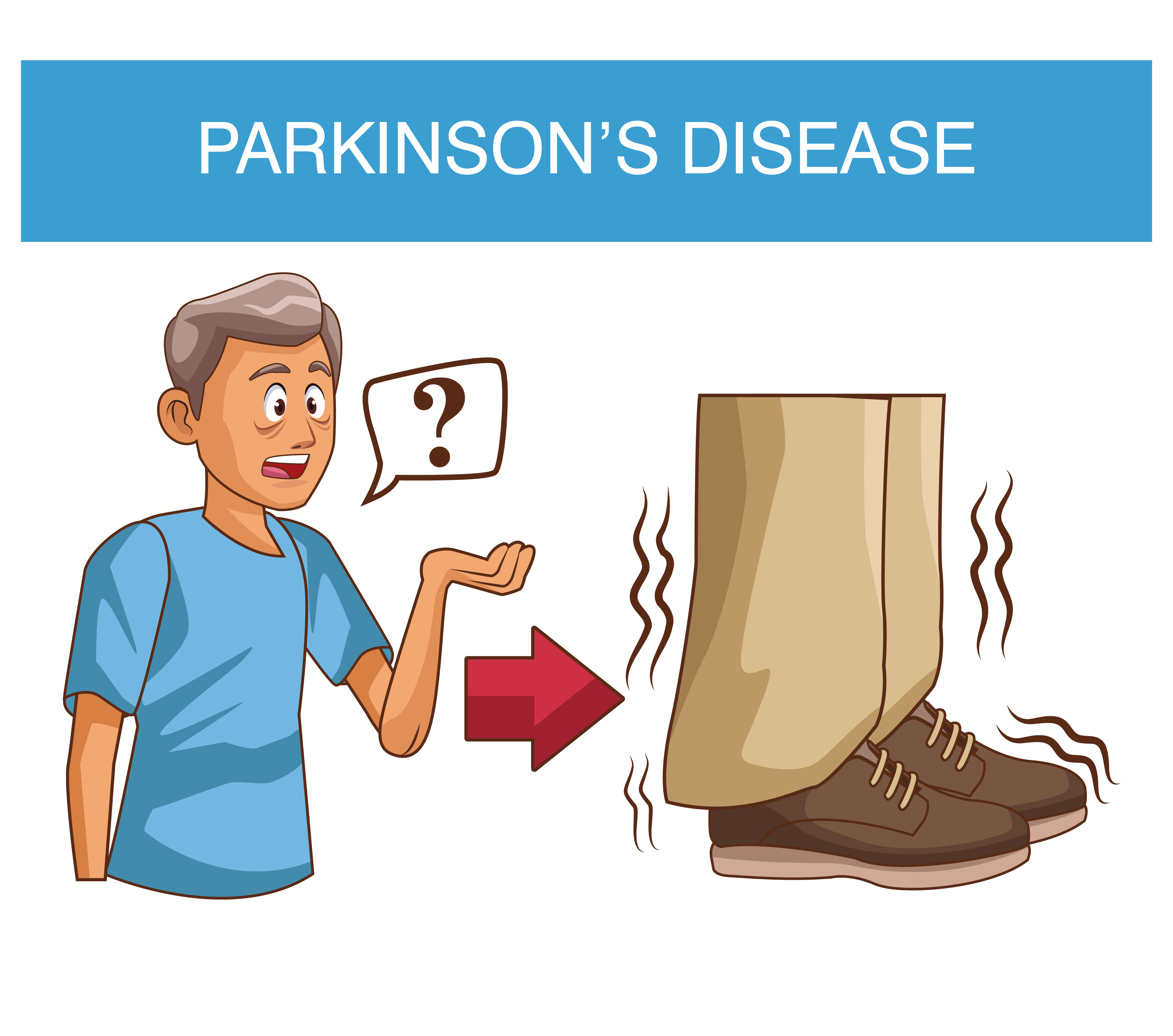Unraveling The Genetics: Is Parkinson's Disease Hereditary?

Parkinson's disease is a complex neurodegenerative disorder that affects millions of people worldwide. While the exact cause of Parkinson's remains elusive, researchers have long sought to understand the role of genetics in predisposing individuals to this condition. In this article, we will explore the question, "Is Parkinson's hereditary?" and examine the genetic factors that may contribute to its development.
Understanding Parkinson's Disease
Before going into the genetics of Parkinson's, it's essential to have a basic understanding of the condition itself. Parkinson's disease is a progressive disorder of the nervous system that primarily affects movement. Common symptoms include tremors, stiffness, slowness of movement, and impaired balance and coordination. As the disease advances, it can also lead to non-motor symptoms such as cognitive impairment and mood changes.
The Role of Genetics
While most cases of Parkinson's disease are sporadic, meaning they occur without a clear family history, research suggests that genetic factors play a significant role in certain cases. Studies have identified several genetic mutations and variations associated with an increased risk of Parkinson's, though the inheritance patterns can vary.
Genetic Mutations Linked to Parkinson's
Several genes have been implicated in Parkinson's disease, with mutations in these genes potentially contributing to an individual's susceptibility to the condition. The LRRK2 gene is renowned for its link to Parkinson's disease, with mutations identified in both familial and sporadic instances. This is especially prevalent among specific ethnicities.
Hereditary Vs. Sporadic Parkinson's
It's essential to distinguish between hereditary and sporadic forms of Parkinson's disease. In hereditary cases, the condition is passed down from generation to generation in a predictable manner, typically due to a specific genetic mutation. In contrast, sporadic cases of Parkinson's occur without a clear familial pattern and are thought to result from a combination of genetic and environmental factors.
Genetic Testing and Counseling
For individuals with a family history of Parkinson's disease or those concerned about their risk, genetic testing may offer valuable insights. Genetic testing can help identify specific mutations associated with Parkinson's and inform individuals about their potential risk of developing the condition. Additionally, genetic counseling can provide support and guidance to individuals and families navigating the complexities of genetic testing and inheritance patterns.
While Parkinson's disease is not solely determined by genetics, research suggests that genetic factors can play a significant role in certain cases. Understanding the genetic basis of Parkinson's is essential for identifying individuals at risk and developing targeted therapies to prevent or treat the condition.
At our retirement community in Collinsville, we understand the unique challenges faced by individuals living with Parkinson's disease and their families. That's why we offer specialized care and support tailored to meet the needs of residents with Parkinson's. Our compassionate and professional team members are trained to provide personalized assistance with activities of daily living, medication management, and mobility support, ensuring that residents receive the attention and care they deserve. Schedule a tour today to learn more about how our community can support you or your loved one on the journey with Parkinson's.
